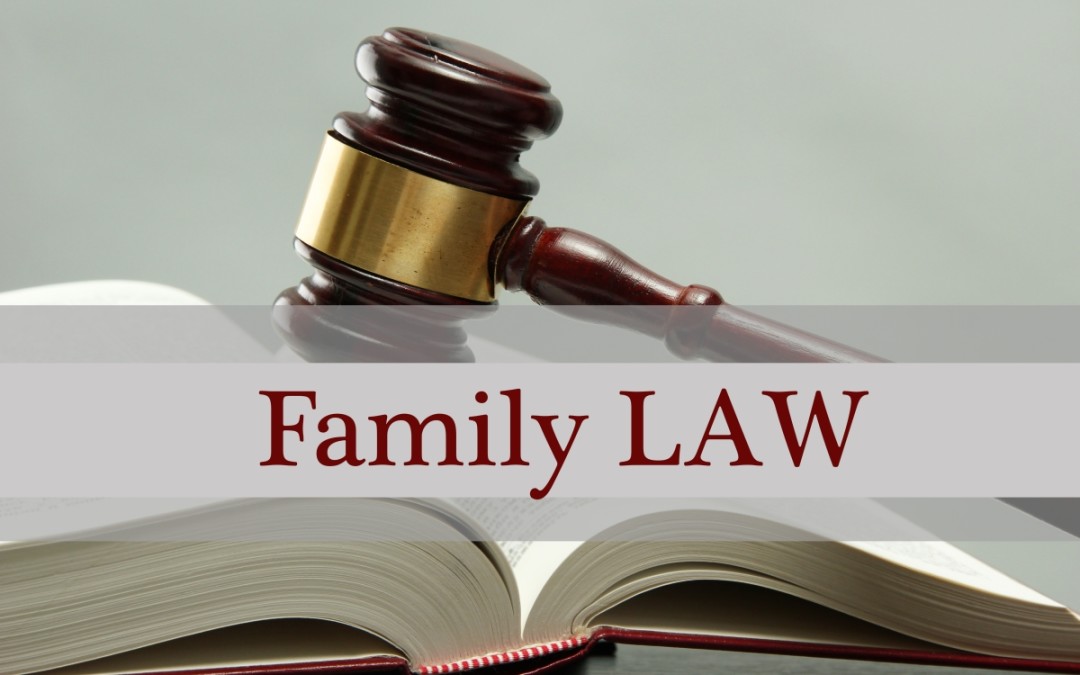
Addressing domestic violence is a critical aspect of family law. It is essential for family lawyers to provide support and ensure the safety of victims involved in domestic violence cases. Implementing best practices is crucial for effective case management and the well-being of those affected.
This blog post will explore nine best practices for Top-rated Family Lawyers in Melbourne when addressing domestic violence cases.
What is Family Domestic Violence?
Domestic violence refers to abusive behaviour within a familial or intimate relationship. It encompasses physical, emotional, sexual, or financial abuse and can have severe consequences for victims and their families. In family law cases, domestic violence often plays a significant role in divorce, child custody disputes, and restraining order proceedings.

Understanding the connection between domestic violence and family law is essential for family lawyers to provide appropriate support and representation.
Choosing the Best Family Lawyer for Domestic Violence Cases
Selecting a family lawyer experienced in handling domestic violence cases is paramount. These cases require specialised knowledge and expertise to effectively navigate the legal complexities and address the unique needs of victims. When searching for a competent family lawyer specialising in domestic violence case Australia, there are several considerations to keep in mind. Look for lawyers with a proven track record in handling similar cases, are knowledgeable about local laws and regulations, and prioritise their clients’ safety and well-being. Online directories and referrals from trusted sources can help you find the best family lawyers Melbourne and near you.
Case Management Strategies for Domestic Violence Cases
Conducting Thorough Assessments
Thoroughly assessing risks and safety concerns is crucial when dealing with domestic violence cases. Family lawyers should gather comprehensive information about the situation, including the history and severity of the abuse, any existing restraining orders, and the involvement of children. Understanding the scope of the problem and the potential dangers faced by the victims allows lawyers to develop appropriate strategies.
Communicating Effectively with Clients
Building trust and rapport with clients who have experienced domestic violence is essential for effective representation. Family lawyers should possess domestic violence case management skills such as, active listening skills and employ empathetic communication to create a safe and supportive environment for their clients. Lawyers can provide guidance and support throughout the legal process by understanding their client’s needs and concerns.
Safety Planning
Collaborating with victims to create personalised safety plans is crucial. Family lawyers should work closely with clients to identify potential risks and develop mitigation strategies. This may involve connecting victims with resources such as shelters, counselling services, or support groups. By actively engaging in safety planning, family lawyers can help victims navigate through potentially dangerous situations.
Coordinating Services
Family lawyers should collaborate with community organisations, shelters, therapists, and other professionals to ensure victims have access to necessary resources and referrals. By establishing strong networks and partnerships, lawyers can help their clients access the support they need to rebuild their lives.
Advocacy within Legal Proceedings
Representing clients effectively during court hearings is a critical aspect of addressing domestic violence cases. Family lawyers should present evidence related to domestic violence, ensuring the court understands the gravity and impact of the abuse. By advocating for their clients, lawyers can help ensure their safety and well-being are prioritised within the legal system.
Child Custody Considerations
Child custody issues often arise in domestic violence cases. Family lawyers must address these issues with utmost care, considering the safety and well-being of the children involved. Advocating for the children’s best interests is essential, and lawyers should work to ensure that arrangements prioritise their safety and minimise exposure to further harm.
Documentation and Record Keeping
Maintaining accurate records of all interactions, communications, and evidence is crucial in domestic violence cases. Family lawyers should develop organisational strategies to manage case documentation effectively. Detailed and thorough documentation helps build a strong case, ensuring no crucial information is overlooked.
Collaborating with Other Professionals
Engaging with experts such as psychologists, social workers, and counsellors can provide invaluable support to victims of domestic violence. Family lawyers should work in multidisciplinary teams to provide comprehensive assistance. Lawyers can offer a holistic approach to their clients’ cases by collaborating with professionals from different fields.
Continuing Education and Professional Development
Domestic violence laws and regulations are constantly evolving. Family lawyers should stay updated on these changes through continuing education and professional development opportunities. Participating in relevant training programs and workshops ensures lawyers are equipped with the latest knowledge and skills to represent their clients effectively.
Conclusion
Addressing domestic violence within family law requires specialised knowledge and expertise. By implementing these nine best practices, family lawyers can effectively support victims and ensure their safety throughout the legal process. It is crucial for individuals seeking assistance with domestic violence cases to prioritise finding the best family lawyers Melbourne who possess the necessary skills and experience to handle such sensitive matters. By working together, we can create a safer and more just environment for victims of domestic violence within the realm of family law.






